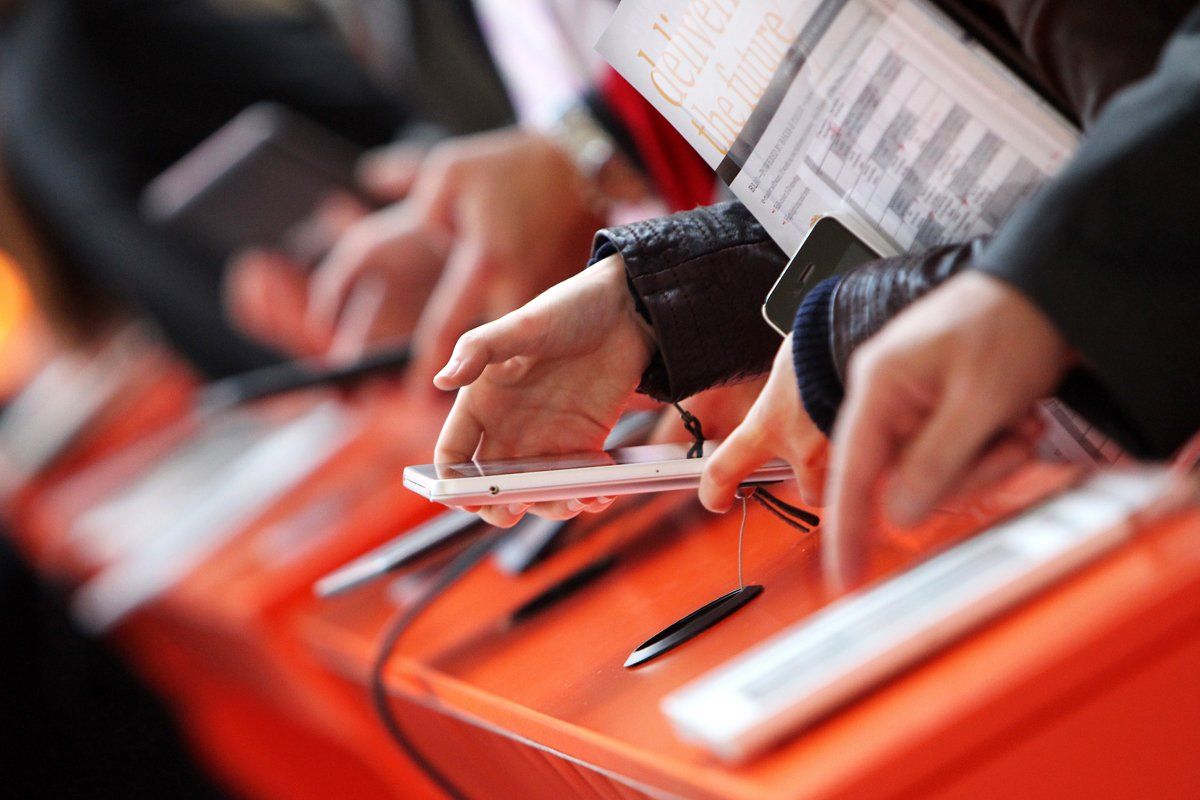
The transformation of the book industry has reached a tipping point. Electronic books now outsell paperbacks on Amazon, the retailer recently announced. And Borders, the second-largest bookstore chain in the United States, is reportedly considering a bankruptcy filing. With books evolving at warp speed, we polled some literary brains on the future of reading:
JUDITH REGAN, book editor and SiriusXM host: Books are going to get both longer and shorter. I think they will be more affordable. Books are pretty expensive. Publishers are so silly because they focus on "We're not going to be selling so many hardcover books at $26." Yeah, but you're going to sell infinitely more electronically, so what are you complaining about? I view it as a greater opportunity.
I just read Cleopatra; I read it on my iPad. I love my iPad. I'm marrying my iPad! It's great because I travel, and I don't want to carry a billion things with me.
DAVE EGGERS, author and founder of the publishing house McSweeney's: I don't own an e-reader, and I've never read a page on an e-reader. I do everything I can to avoid more screen time.
I don't think e-books have topped 10 percent of the market. My guess is that it will be about 15 to 20 percent of the market, because e-readers are expensive, and they'll continue to be expensive.
Not to diminish the value of a paperback, when it comes to somebody investing in a hardcover, it's something you want to keep. Everything from a cloth-case wrap to a leatherette to a foil-stamped cover, heavier paper, better binding, innovative cover design. You have to give readers a choice, between a richer experience with paper and board and cloth, and a more sterile experience through an electronic reader. We just try to make every aspect of the physical book as good as it can possibly be, because that's our greatest hedge against the dominance of e-books.
JAMES H. BILLINGTON, librarian of Congress: The new immigrants don't shoot the old inhabitants when they come in. One technology tends to supplement rather than supplant. How you read is not as important as: will you read? And will you read something that's a book—the sustained train of thought of one person speaking to another? Search techniques are embedded in e-books that invite people to dabble rather than follow a full train of thought. This is part of a general cultural problem.
WILLIAM LYNCH, Barnes & Noble CEO: We've maintained in the last few years there will be fewer bookstores. Barnes & Noble will benefit from that. We have the best real-estate and business model in the world. Books are still a majority of what we sell in stores, but they are becoming less and less. You've started to see some of that evolution—creating our Nook reading area and digital reading lounges and kiosks, even the digital kids' reading areas.
Amazon does not equal the market. About 50 percent of physical books are sold in non-bookstore outlets, like drugstores and club stores. There are people with agendas in this industry, but the physical book is not going anywhere.
JOYCE CAROL OATES, author: My husband, Charlie, is a neuroscientist, and of course he immediately ordered both the Kindle and iPad. When we travel, we read books and The New York Times on the iPad. I'd much rather have a book.
With Jennie Yabroff
Uncommon Knowledge
Newsweek is committed to challenging conventional wisdom and finding connections in the search for common ground.
Newsweek is committed to challenging conventional wisdom and finding connections in the search for common ground.





